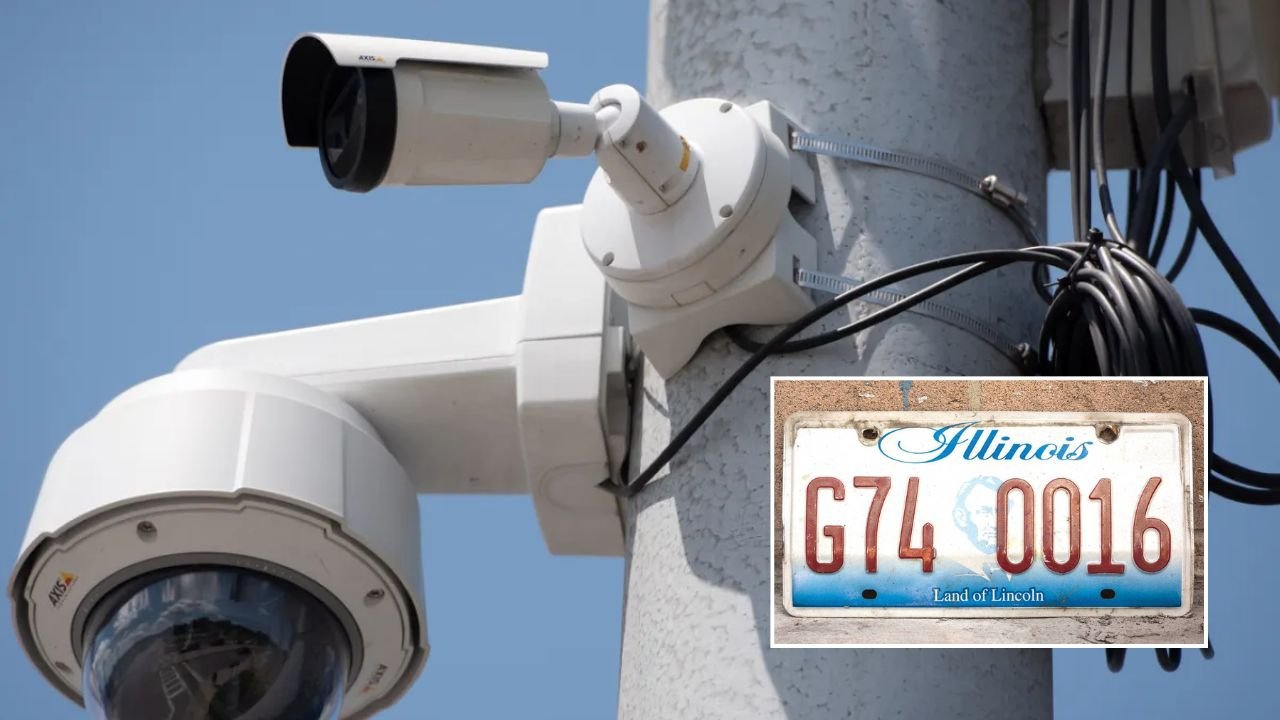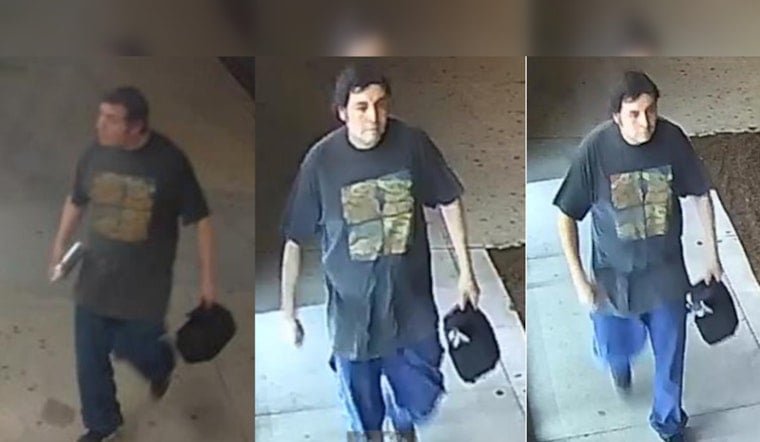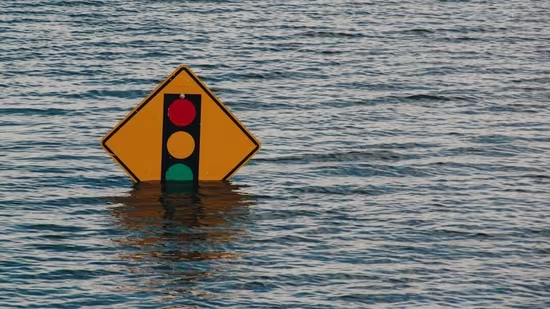ILLINOIS — A new law that took effect in July 2025 is expanding the use of license plate surveillance technology across the state. Under the updated policy, Illinois law enforcement agencies — from Chicago to Rockford to Joliet — now have broader authority to install automatic license plate readers (ALPRs) in public areas and retain captured data for longer periods.
The law is part of a larger public safety strategy, aiming to assist in solving crimes, recovering stolen vehicles, and tracking suspects across jurisdictions. But critics say the law raises serious privacy concerns — especially for drivers unaware their license plate data is being recorded and stored.
Where Are These Cameras Being Installed?
The Illinois Department of Transportation (IDOT) and local police departments are ramping up installation of ALPR systems on:
-
Major highways and tollways, including I-90 and I-294
-
City intersections and crime hot spots
-
Public parking garages and retail corridors
-
School zones and major suburban routes in towns like Joliet, Naperville, and Waukegan
In Chicago, ALPRs are being deployed alongside gunshot detection tech as part of the city’s “Smart Policing” initiative, which already includes facial recognition systems and mobile surveillance towers.
What the New Law Allows
As of July 1, 2025:
-
Police can retain ALPR data for up to 90 days (previously 30 days)
-
Agencies may share data across city and county lines, even without warrants
-
Municipalities can partner with private contractors to manage storage and monitoring
-
ALPR data can now be used in civil investigations, not just criminal ones
This means if you drive through an ALPR-equipped zone — even without committing a crime — your plate information may be stored and used by law enforcement later.
The full text of the law can be found on the Illinois General Assembly website.
Why Law Enforcement Supports the Expansion
According to state officials, ALPRs have helped recover over 1,000 stolen vehicles in the past 18 months and aided in the arrest of suspects in kidnapping, hit-and-run, and shooting cases.
Police departments argue that expanding ALPR access improves:
-
Response time in violent crime investigations
-
Real-time alerts for Amber Alerts and wanted vehicles
-
Regional coordination to stop carjacking rings and interstate crime
Joliet’s police chief recently stated the tech is “a force multiplier for departments with limited staff.”
What Privacy Advocates Are Saying
Groups like the ACLU of Illinois argue that the expansion puts too much surveillance power in the hands of the government. Their concerns include:
-
Lack of clear opt-out or notice requirements for drivers
-
Risk of data misuse or breaches by third-party vendors
-
Potential for ALPR use in non-criminal tracking or protests
One ACLU spokesperson warned, “This law gives police the ability to monitor law-abiding residents without their knowledge or consent.”
What Drivers Should Know
-
ALPRs do not capture images of people, only license plates and time/location stamps
-
Your plate data may be stored even if you haven’t broken any laws
-
Some towns may allow residents to request deletion of their own data
-
Expect to see more flashing cameras at stoplights, ramps, and school zones
Do You Support the Expansion of License Plate Readers in Illinois?
Is this a smart safety move — or a step too far into mass surveillance? Let us know in the comments at ChicagoSuburbanFamily.com and tell us how you feel about the tradeoff between privacy and public safety.












